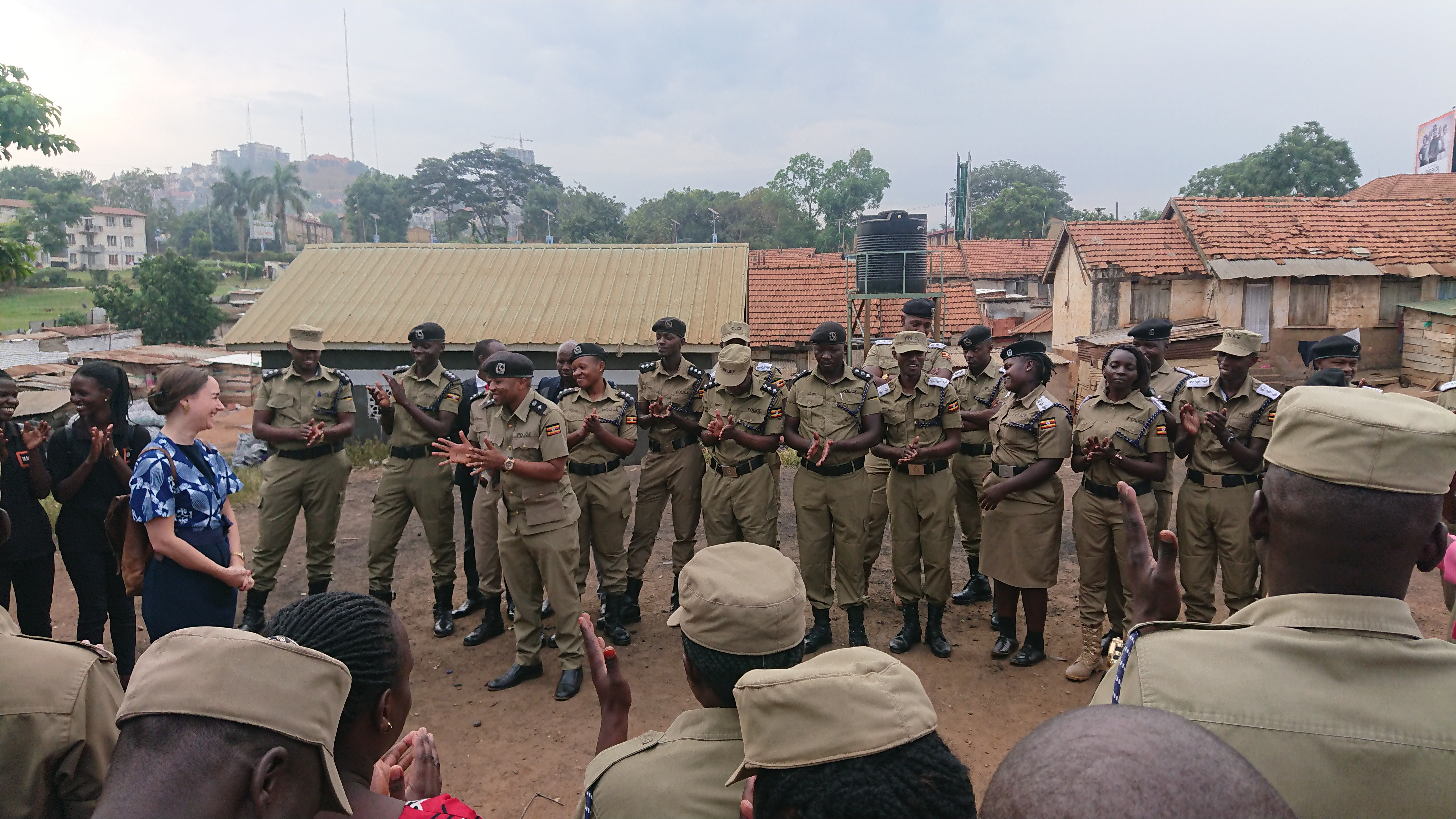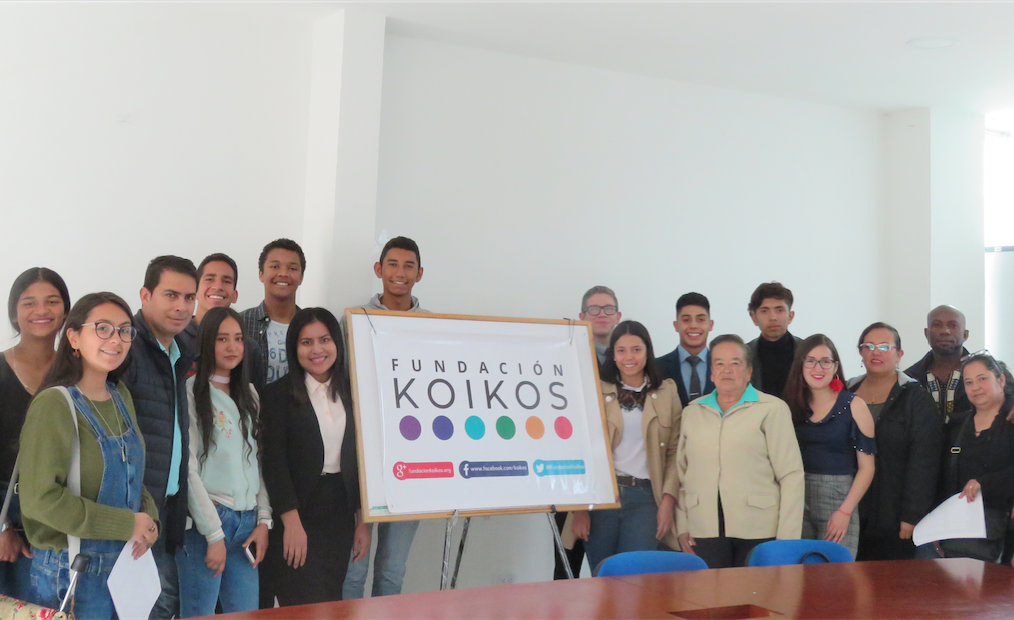
During the process to establish the Global Judicial Integrity Network, a network of – and platform for – judges to promote judicial integrity and combat judicial corruption around the world, numerous judges mentioned the lack of training in this domain and pointed to the need for a course which could be universally applicable and provide a strong educational basis on judicial ethics. This idea was promptly turned into reality by UNODC’s Global Programme for the Implementation of the Doha Declaration, after consultations with judicial staff and training experts from Member States around the world.
The first training course for trainers was held a year ago in March 2018 in Brussels, Belgium, to support the initial group of jurisdictions that committed to pilot a unique training package consisting of three components: an e-learning course, a trainers’ manual, and a self-directed course. Focusing on various aspects of judicial ethics, these tools target both newly-appointed and seasoned members of judiciaries all over the globe, and focus on providing them with a solid understanding of the Bangalore Principles of Judicial Conduct, and on article 11 of the United Nations Convention against Corruption.
The training package is universally applicable, centering on basic ethical principles that are relevant in anti-corruption efforts across all jurisdictions; for example, the online module’s first section focuses on the independence of the judiciary, a principle which applies everywhere. Judicial trainers themselves can then use the planning resources in the trainers’ manual to tailor their own judicial trainings to the needs of their respective jurisdictions.
In its commitment to ensuring worldwide access to the course, and catering for the eventuality that some jurisdictions may not have reliable Internet access, UNODC has also developed an alternative to the interactive electronic course: an offline version of the e-learning course is thus available, allowing judges to be trained on the same content even when they are not online.
Where appropriate, the training package is innovative in its discussion of emerging issues related to judicial integrity. For countries that already have established judicial ethics training programmes, this package provides a much-needed look at the implications that modern technology, such as social media platforms, can have for judicial integrity. Upon completion of the e-learning or self-directed course, it is recommended that a face-to-face workshop be organized to give judges a chance to apply and deepen their acquired knowledge.
When jurisdictions agree to pilot this training package, their judicial trainers are invited to workshops led by UNODC and the Judicial College of England and Wales, during which they are shown how to design and lead their own training courses. These workshops focus on both honing the trainers’ facilitation skills, as well as, and on the behavioural psychology which applies in teaching adults.
As of March 2019, UNODC has already organized three such training courses. In line with the recommendations of the panellists and audience at UNODC’s workshop at the 18th International Anti-Corruption Conference, a fourth regional training was held in Jamaica to engage judges from different countries and provide the opportunity for the exchange of good practices. Much positive feedback about these courses has been received, with one participant (who already works as a judicial trainer) remarking that he would “recommend that all trainers learn the different methodologies and teaching techniques, which bring colour to any training session and meet different learning preferences.”[1]
There are currently forty pilot sites worldwide, in thirty-eight countries, and UNODC is still accepting additional pilot sites to participate in the training programme.
By Roberta Solis, Judicial Integrity Team Leader, United Nations Office on Drugs and Crime
[1] “Behavioural psychology made my judicial training a success” Judge Raya Jahnazaib Akhtar (https://www.unodc.org/dohadeclaration/en/news/2019/03/behavioural-psychology-made-my-judicial-training-a-success–thanks-to-gjin.html)

